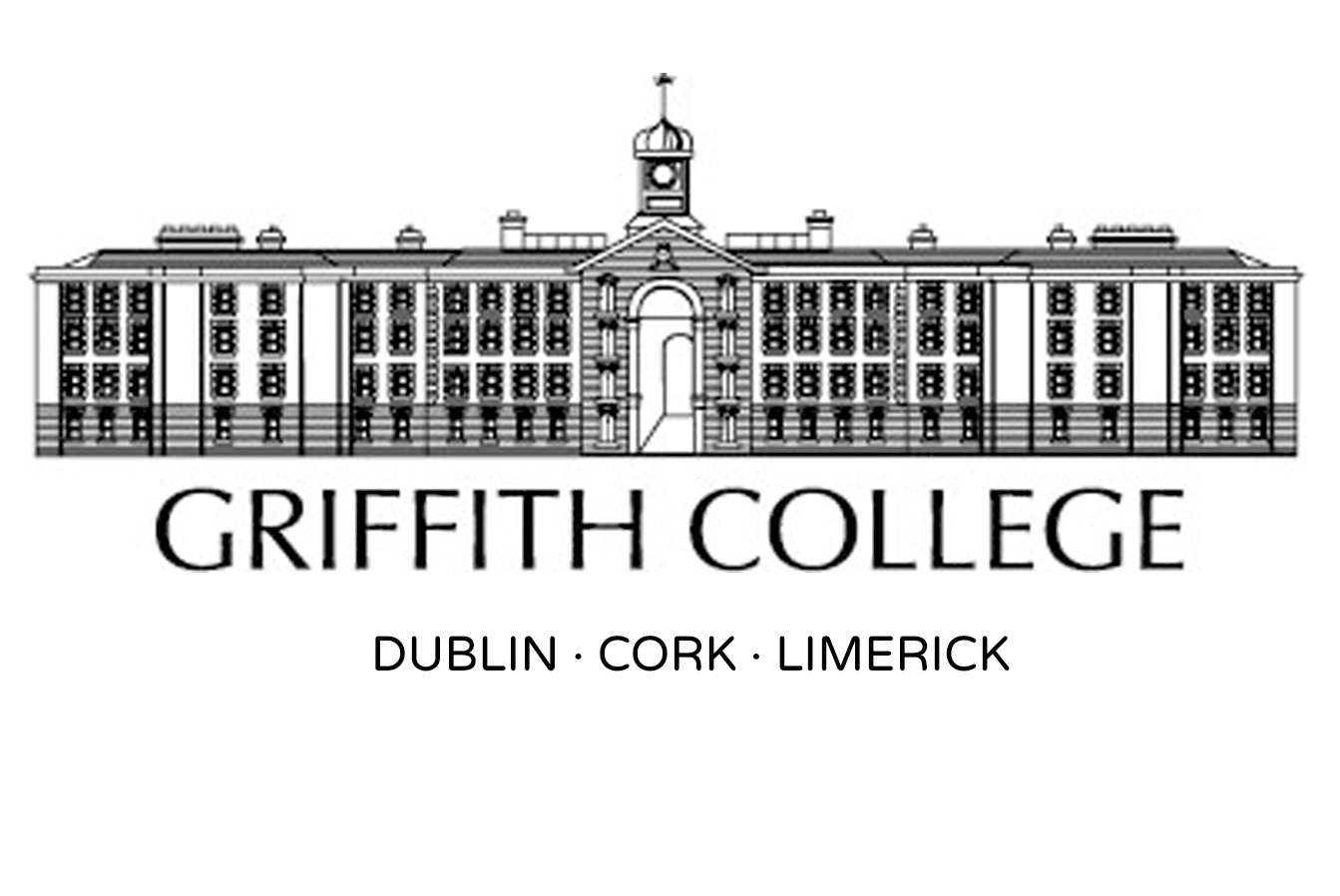Master in Journalism and Public Relations
Key Points
The Master of Journalism and Public Relations is recognized by the National Union of Journalists (NUJ) and the Public Relations Institute of Ireland (PRII).
The curriculum is structured to increase student employability and promote professional development in the communications industry. The course takes place both full-time over a period of one year. Students will acquire the skills to conceive, produce and edit their own media and PR content on all platforms, including the web, social media, radio, print, and mobile video. Public Relations students will develop a critical understanding of public relations theory and practice, political communications, and the strategic role that communications play in managing organizations. The program has been designed in response to the demands of the industry for comprehensive and versatile communications graduates.
- You will gain a theoretical understanding of how the media industry works, including the sociology of media, communications, and audience theories and research methods.
- You will develop specific skills in production journalism through the MoJo modules of Writing and Editing, Radio and, participating in Newsdays and delivering print, radio and mobile video news reports. </ li >
- You will develop an in-depth understanding of the theory and practice of public relations, political communication, and corporate communications.
- You will create high-quality multimedia content and develop effective public relations strategies.
- You have the option of finishing the program early without a dissertation, receiving a Postgraduate Diploma in Journalism and Public Relations after completing 9 required modules.
- You are assured of excellent teaching practices, using industry standard techniques and technologies.
Career progression
Upon completion of the Level 9 Master’s Degree in Journalism and Public Relations, students can advance to a variety of Level 10 Doctoral programs on the National Qualifications Framework. Postgraduate QQI validation means that your qualification is recognized not only in Ireland and Europe, but around the world.
Through the Master of Journalism and Public Relations, you will have gained valuable professional experience, built a strong portfolio, and covered a wide range of media. Graduates of this program are regularly employed as public relations professionals and media content creators in public relations firms and in the press and communications departments of companies and NGOs. Graduates also work as journalists, news researchers, and broadcast production managers for web, radio, TV, video, and print media. A sample of recent graduates’ job titles includes:
- Public Relations Account Executive
- Broadcast journalist
- Content and community manager
- Communications Consultant
- Digital participation officer
- Junior Public Relations Consultant
- Marketing Manager
- News Research Assistant
Program structure
The Master of Journalism and Public Relations is designed to be taught full-time for one calendar year and part-time for 2 years. Master’s program students complete 11 taught modules plus a dissertation. The program is intended to provide a continually developmental experience for students, in which academic reflection is combined with gaining a practical and professional mastery of this dynamic and engaging field. The first semester of this program is designed to be taught commonly with master’s degree students in journalism, while the second semester offers specialties in public relations. The Postgraduate Diploma in Journalism and Public Relations consists of the 11 compulsory modules and does not include a dissertation.
Admission requirements
A primary degree (2.2) in any discipline and interview.
In response to the global closure of English language testing centers as a result of the Covid-19 pandemic, Griffith College now accepts the online Duolingo English Test (DET) as valid proof of English proficiency. This is a temporary measure for our income up to and including February 2022.
Learn more about our educational offer
Request your quote
An advisor will contact you by phone and email within the following hours


